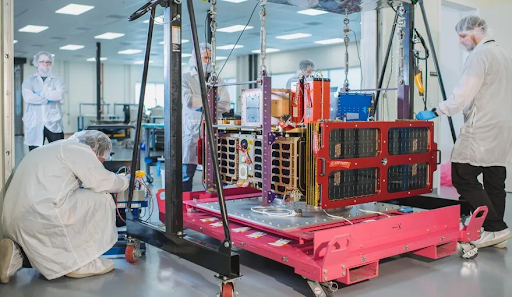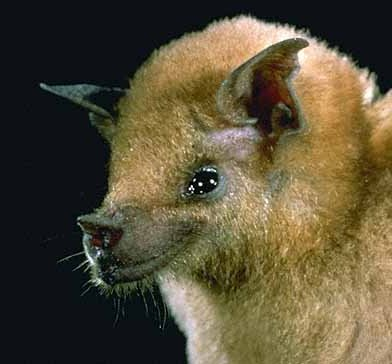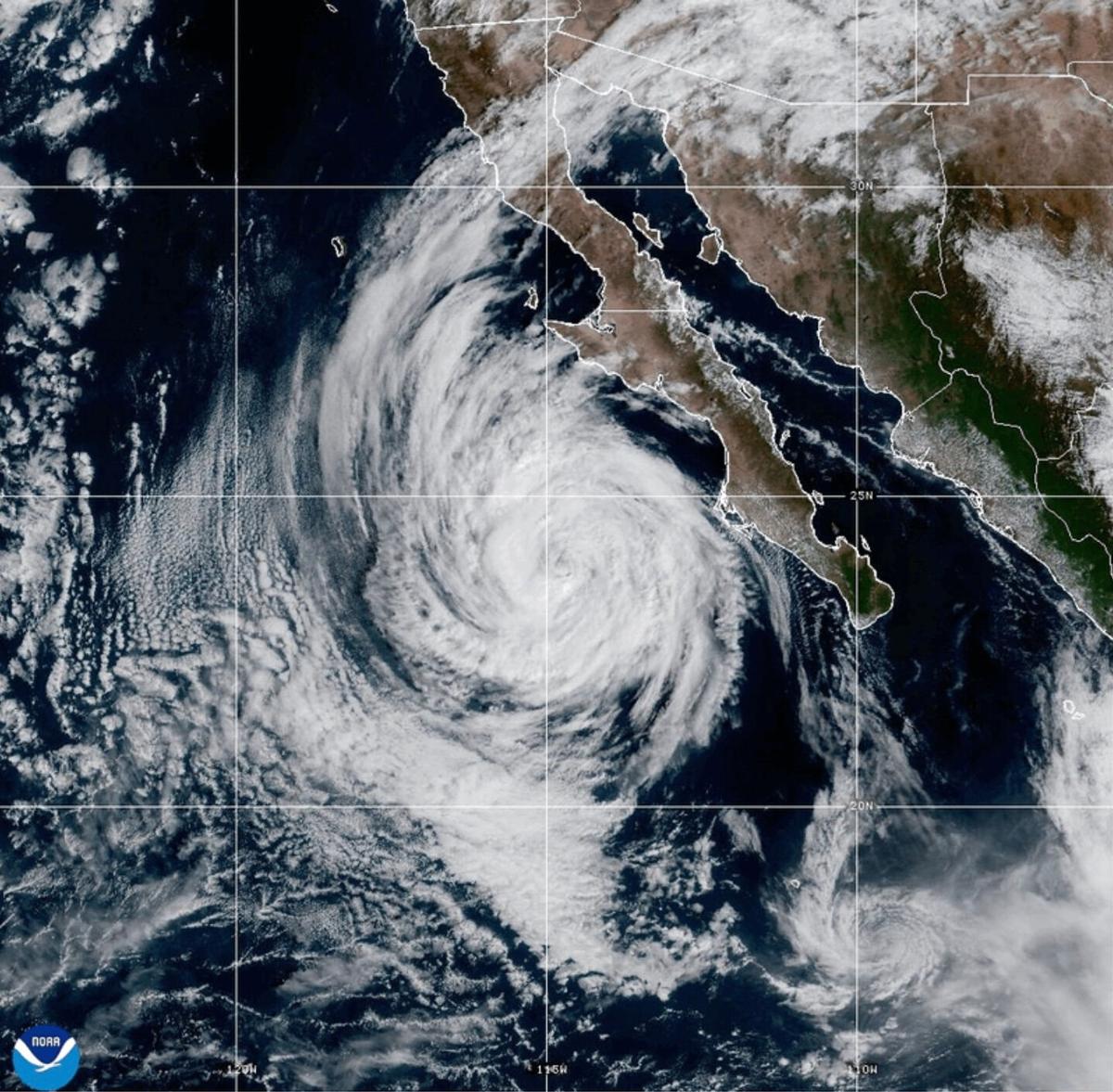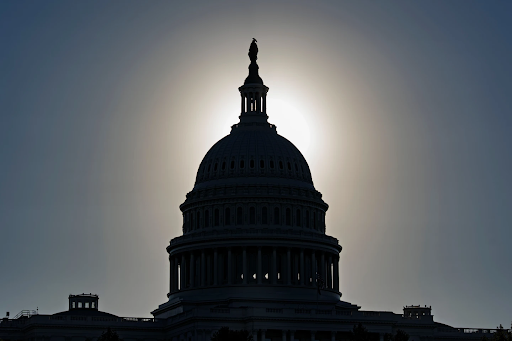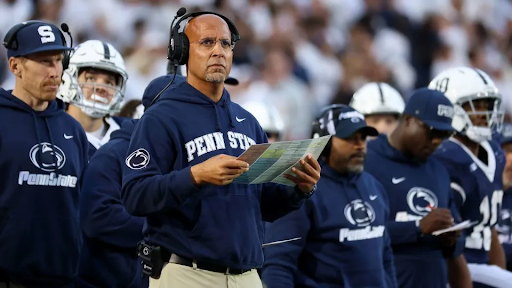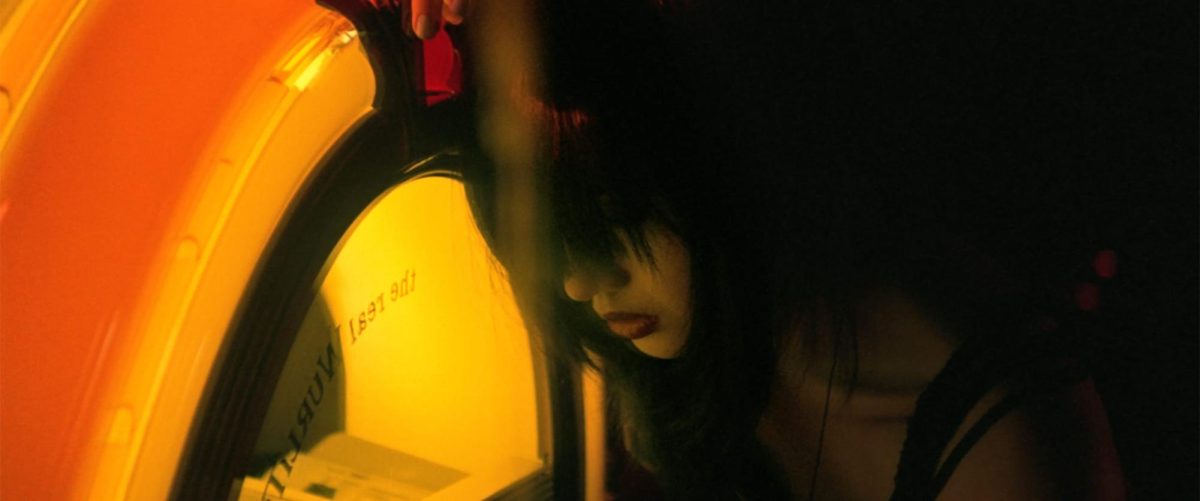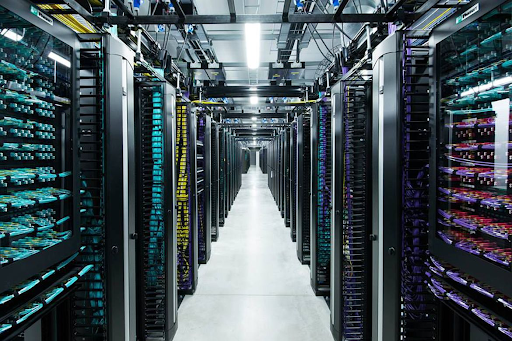Momentus, easily mixed up with the word momentous, is a spaceflight company currently testing whether or not semiconductor crystals are able to be made in microgravity. Momentus had been close to bankruptcy since 2023, making these two flights the first in more than two years, and possibly the most important for the company. The purpose of the flights is to test whether or not it is possible to make semiconductor crystals in microgravity.
A movement named the Commercial Orbital System for Microgravity in Space (COSMIC) is providing the gear and equipment for the systems to change between high to low orbit. They need this gear so that their escape pod can get back down to earth safely. NSTL explains that High orbit means a distance from earth far enough that it is not easy to communicate with the people on Earth. Low orbit is a distance where it is easy and fast to communicate with people down on Earth.
The point of these demo flights is to test whether or not it is possible to make semiconductor crystals in microgravity. Semiconductor crystals are pieces of semiconductors, which are used for many electrical components, and processes, including advanced computing. According to Stanford University, semiconductors are used in systems where some electricity needs to be blocked while other electricity needs to be allowed in. Semiconductors are really difficult to be made in bulk, as many of the ones made in factories are faulty and can’t be used.
The demo flights are split up, with the first flight being in October 2026, and the second unknown. If the studies and tests turn out to work, semiconductors will be able to be made easier than in the normal gravity of earth. Space News says that the Vigoride rocket will stay in orbit for the remainder of the time between both tests, while the people on the Vigoride rocket will leave through escape pods in the rocket. While there is a high reward, if the tests don’t work out, this could be the last people see of Momentus and their projects.


